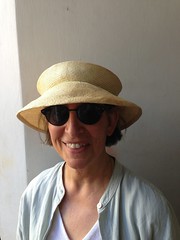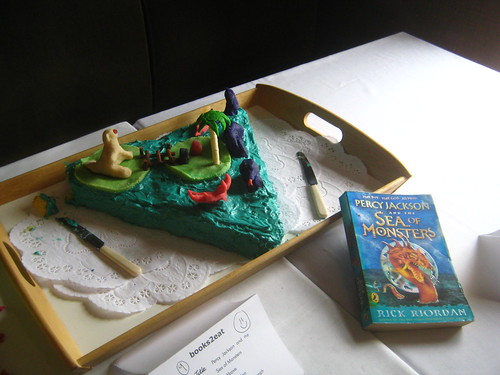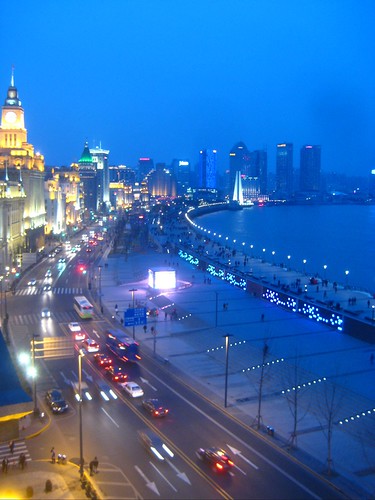
I'm a writer, publishing both as SJ Rozan and, with Carlos Dews, as Sam Cabot. (I'm Sam, he's Cabot.) Here you can find links to my almost-daily blog posts, including the Saturday haiku I've been doing for years. BUT the blog itself has moved to my website. If you go on over there you can subscribe and you'll never miss a post. (Miss a post! A scary thought!) Also, I'll be teaching a writing workshop in Italy this summer -- come join us!
Read/Post Comments (3)

So, what went on in Shanghai?
Oh, all kinds of nonsense and shenanigans.
I was there to participate in the ninth running of the Shanghai Literary Festival. A great festival, this. As opposed to most off the conferences and conventions I go to, where there's at least some focus on the publishing industry, and on aspects of craft (e.g., four writers on a panel talking about how to create a sense of place) -- none of which is a bad thing -- this event presented writers to readers to talk about books. Particular books, the content of them. Biographers came to talk about the lives of their subjects; cookbook writers actually cooked. The thing went on for three weeks, with almost no overlap, no sessions up against each other, so you didn't have to choose. During the week, a session or two a day; on weekends, more. Some interviews, some panels, some readings; the Literary Death Match (of which your humble correspondent was the CHAMPION!) (oh, did I mention that already?), a

bake-off (Books to Eat, it was called) and all sorts of other literary-minded things.
First, the venue. The whole Festival was dreamed up by, organized by, and took place at M on the Bund, a superterrific Shanghai restaurant with

fabulous views from two floors. Parts of the restaurant and the bar (the Glamour Bar, it's called, dahlings) magically sprouted rows of chairs as needed, people handed in their tickets, and literary discussion ensued. The audience was to a great extent ex-pats; this is the result of two factors, one the fact that the language was English and even the most educated Chinese don't necessarily feel comfortable enough in English to want to listen to readings and panels; and two, the unfortunate truth that the PRC government still cares what its citizens take in, and this Festival has no stamp of official approval (though on the bright side, in its nine years it's never been shut down, but has grown enormously).
More on my particular events (and extra-curricular activites) in the next few days.
I was there to participate in the ninth running of the Shanghai Literary Festival. A great festival, this. As opposed to most off the conferences and conventions I go to, where there's at least some focus on the publishing industry, and on aspects of craft (e.g., four writers on a panel talking about how to create a sense of place) -- none of which is a bad thing -- this event presented writers to readers to talk about books. Particular books, the content of them. Biographers came to talk about the lives of their subjects; cookbook writers actually cooked. The thing went on for three weeks, with almost no overlap, no sessions up against each other, so you didn't have to choose. During the week, a session or two a day; on weekends, more. Some interviews, some panels, some readings; the Literary Death Match (of which your humble correspondent was the CHAMPION!) (oh, did I mention that already?), a

bake-off (Books to Eat, it was called) and all sorts of other literary-minded things.
First, the venue. The whole Festival was dreamed up by, organized by, and took place at M on the Bund, a superterrific Shanghai restaurant with

fabulous views from two floors. Parts of the restaurant and the bar (the Glamour Bar, it's called, dahlings) magically sprouted rows of chairs as needed, people handed in their tickets, and literary discussion ensued. The audience was to a great extent ex-pats; this is the result of two factors, one the fact that the language was English and even the most educated Chinese don't necessarily feel comfortable enough in English to want to listen to readings and panels; and two, the unfortunate truth that the PRC government still cares what its citizens take in, and this Festival has no stamp of official approval (though on the bright side, in its nine years it's never been shut down, but has grown enormously).
More on my particular events (and extra-curricular activites) in the next few days.
Read/Post Comments (3)
Previous Entry :: Next Entry
Back to Top